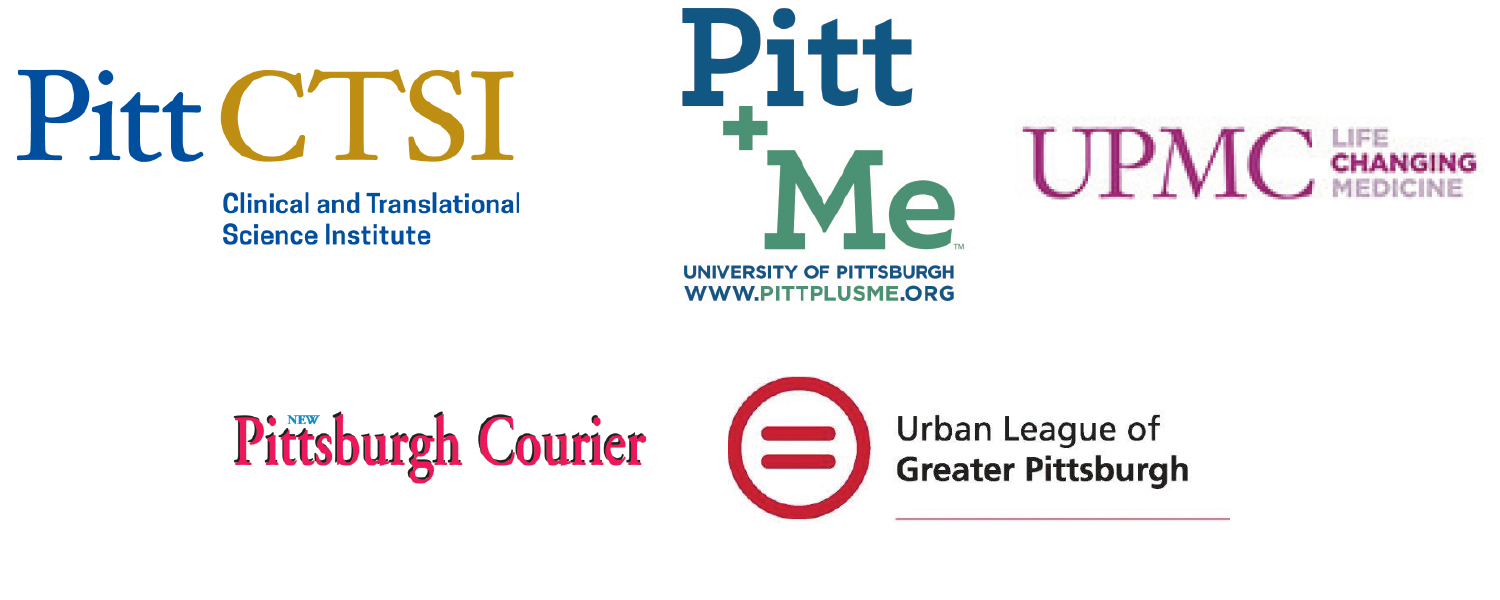Nearly 40% of food in the U.S. is wasted — yet 1 in 5 Pittsburghers still faces barriers to accessing it. That gap between food and accessibility is common in underserved communities where many people struggle to find and afford fresh fruits, vegetables, and whole grains.
When food fills up a landfill, it doesn’t just go to waste. It emits harmful greenhouse gases that contribute to climate change. That’s why rescuing surplus food is one of the most effective ways to fight both hunger and climate change.
Poor nutrition can lead to poor physical health, including high blood pressure, diabetes, and heart problems. These conditions can also affect people’s mental health in the form of anxiety and depression.
Founded in 2015, 412 Food Rescue disrupts the traditional charitable food model by redirecting perfectly good surplus food to community nonprofits already doing the work.
The organization’s mighty team of volunteers picks up surplus food from places like grocery stores and restaurants — then delivers it straight to other nonprofits that serve people facing hunger. To do this efficiently, 412 Food Rescue developed the Food Rescue Hero app to help mobilize volunteers and meet the challenge of rescuing so much surplus food. The app, developed by their team in 2016, is now licensed by 24 other food recovery organizations in the U.S. and Canada.
Since its founding, 412 Food Rescue has taken a collaborative, community-based approach that includes 24 partner organizations in over 25 cities across North America. Together, the team has saved over 190 million pounds of food.
By using technology — and encouraging people to get involved — 412 Food Rescue is helping to build stronger, healthier communities and create a fairer food system. Their creative methods ensure good food doesn’t go to waste. It also illustrates how people working together can solve big problems like hunger.
For more information — including how to donate and volunteer — visit 412foodrescue.org. The website also features a bright green “I Need Food” button to help people find local food resources.
